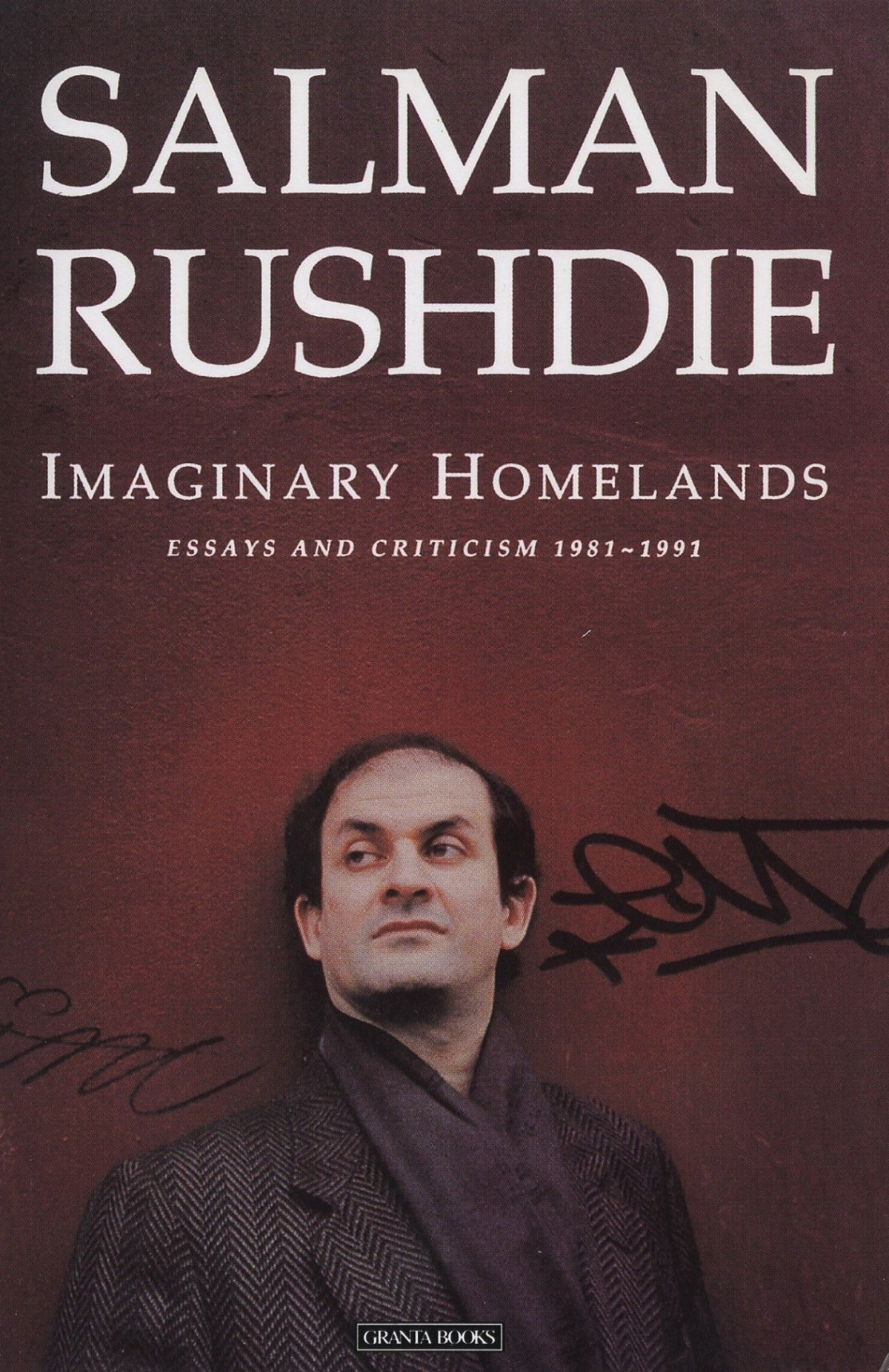

Most ebook files are in PDF format, so you can easily read them using various software such as Foxit Reader or directly on the Google Chrome browser.
Some ebook files are released by publishers in other formats such as .awz, .mobi, .epub, .fb2, etc. You may need to install specific software to read these formats on mobile/PC, such as Calibre.
Please read the tutorial at this link: https://ebookbell.com/faq
We offer FREE conversion to the popular formats you request; however, this may take some time. Therefore, right after payment, please email us, and we will try to provide the service as quickly as possible.
For some exceptional file formats or broken links (if any), please refrain from opening any disputes. Instead, email us first, and we will try to assist within a maximum of 6 hours.
EbookBell Team

5.0
40 reviewsIn Imaginary Homelands , Salman Rushdie presents ten years’ worth of concentrated thought on topics from the most cherished literary traditions and authors of India, Europe, and America to the politics of oppression, the joy of film and television, and the enduring value of the imagination. Writing with lively and intelligent insight—from the provocative, to the humorous, to the deeply profound—Rushdie demonstrates why he is celebrated as one of our greatest literary minds.
**
Rushdie calls his controversial novel The Satanic Verses "a migrant's-eye view of the world," and indeed the theme of cultural transplantation informs many of the 75 essays and reviews gathered in this impressive collection. Whether he is analyzing racial prejudice in Britain or surveying an India riven by fundamentalism and politics of religious hatred, he writes as an impartial observer, a citizen of the world. Subtle and witty, these concise, eloquent pieces are a pleasure to read. Rushdie's wide-ranging sympathies range from Grace Paley's stories to Thomas Pynchon's political allegories. He situates such writers as Gunter Grass, John le Carre and Mario Vargas Llosa in a political context. Along with a devastating review of the movie Gandhi and a withering portrayal of Margaret Thatcher's class-ridden, jingoist Britain, there are two resounding replies (both written last year) to critics of The Satanic Verses : Rushdie explains the book's intentions and defends the freedom of the writer.
Copyright 1991 Reed Business Information, Inc.
The 75 articles collected here, many of them book reviews, range widely over literary, political, and religious themes. Among the topics covered are racism in Great Britain, the existence of a Commonwealth literature, and the assassination of Indira Gandhi. Books reviewed include works by Saul Bellow, V.S. Naipaul, Nadine Gordimer, Italo Calvino, Heinrich Boll, and Gabriel Garcia Marquez. Underlying much of his work--and lending it some unity--is Rushdie's concern with migration and nationality, with celebrating difference and freedom of expression over orthodoxy and conformity. Two essays in the concluding section, "In Good Faith" and "Why I Have Embraced Islam," speak directly to the author's plight as a result of his publication of The Satanic Verses . Recommended for academic and larger public libraries.
- William Gargan, Brooklyn Coll. Lib., CUNY
Copyright 1991 Reed Business Information, Inc.